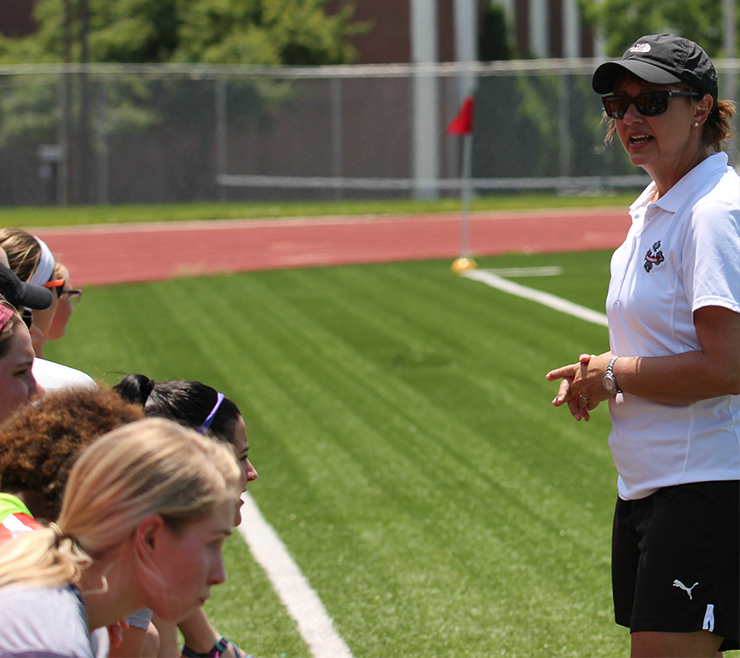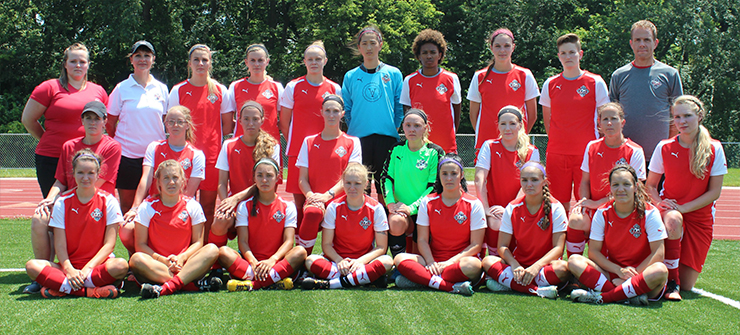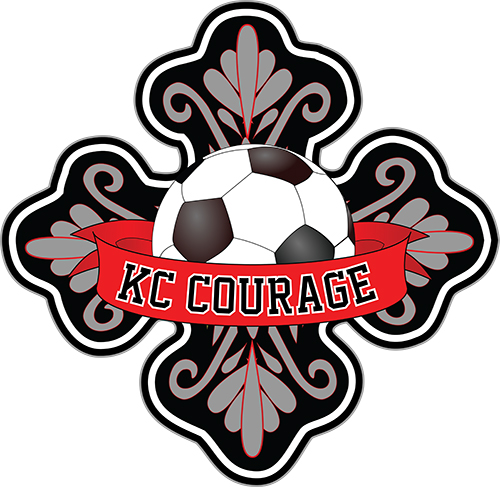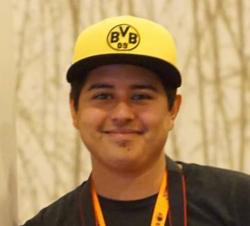Wendy Louque On the Growing The Women’s Game
Soccer is the world’s most beautiful game and it unites people from all walks of life by a shared passion. Young girls can now grow up to dream of becoming professional soccer players — but there are still significant inequalities on the women’s side of the game. WPSL is the largest women’s soccer league on the planet and works tirelessly to even the playing field and provide opportunities for women in the USA to play. With 110 teams across the USA — and more women owned teams than any other league — the WPSL helps grow women’s soccer. #CouragetoCare #WPSL
WPSL Soccer News: The 2017 Women’s Premier Soccer League (WPSL) season is quickly approaching as we highlight another year of the growing women’s game in the United States.
The WPSL consists of the highest number of women owners in sports by providing a path for aspiring players who wish to continue their career following college.
SoccerToday spoke with Wendy Louque of KC Courage and WPSL Regional Commissioner Heartland on her inspiration for growing the game and the preparation for the 2017 WPSL Season.
Diane Scavuzzo: As one of the few women owners of a WPSL team, how did you first get involved in soccer?
Wendy Louque: I first became involved as a player at the age of eight. I grew up just outside of New Orleans and soccer as a youth sport was still very new. Pele’ had just come over to the U.S. to play for the New York Cosmos and he truly was my hook into the sport. I was obsessed and loved watching him play.
I coached my first soccer team when I was a freshman in high school.
The experience gave me my first taste of teaching sportsmanship and teamwork in a way that was fun. They were a rowdy group of five-year-old boys.
I wouldn’t coach again for 17 years, but during that time I worked as a crisis line counselor, telemarketer, radio advertising executive, retail salesperson, and finally as a marketing director in the health care industry. Ironically, each of those different jobs gave me the perfect skill set I needed for coaching.

My children were four and two when I started coaching again. I started as a volunteer assistant at a small NAIA college just down the street, which led into a part-time assistant job at the local community college, a job that I held for 11 seasons.
I had a third child during that time — for me it was the perfect part-time job and allowed me to be home when my kids went off to school and be there when they returned.
Diane Scavuzzo: KC Courage offers an interesting high school alternative soccer program. How does it work?
Wendy Louque: The KC Courage is unique — we are not affiliated with a youth club. This spring is our fourth year offering the program.
It is academy-style training three nights a week during the months of March and April when both Kansas and Missouri schools are in season.
We get players who are homeschooled, who choose not to play for their high school or don’t have soccer at their high schools.
We place a strong emphasis on relationship and our local post-college WPSL players come, offering mentoring and encouragement during and after practice.
Many of the girls that play with us are frustrated with the politics or quality of play at their high schools. It is not our intent to purge local high schools of players, but we know that there is a need for players to have an alternative.

Diane Scavuzzo: What do you think is the most challenging or infuriating about being a woman in the soccer world?
Wendy Louque: I believe the biggest challenge is the overall lack of respect for women coaches in the sport.
My first year coaching in the WPSL, I coached against others who wouldn’t speak with me or shake my hand.
I’ve experienced referees who acknowledge my male assistants, bypassing me on the way
The simple answer is sexism and assumed gender roles, but it might be more complicated than that.
Based on conversations with other female coaches, I know that my experiences are not unique. Some referees and male coaches are bothered by the idea of a woman head coach. I know that my very presence and gender on the sideline offends some men, challenging the traditional roles into which their identities are sorted, while threatening their egos.
And, to complicate the issue further, when female coaches are not overtly competitive or aggressive, they are not taken seriously; if they are overly so, they are regarded as a bitch.
Diane Scavuzzo: How has soccer changed, if it has, since you became involved?
Wendy Louque: I was 12 when I started playing “select” which is the equivalent of the traveling youth premier teams (or competitive soccer) today.
I grew up just outside of New Orleans play-ing for Slidell Youth Soccer Club. Louisiana wasn’t known for good soccer and in the South, only Mississippi was worse.
We always got a good spanking by the Texas teams when we competed in the Southern Regionals.
All of the teams had parent coaches, most who had never played the sport. At that time, the Dallas Sting was the only club that had paid coaches.
1983 was the first year for both boys and girls soccer at my high school. I was a freshman at the time. Our coach taught Civics and knew nothing about the sport.
By the time I was a senior, the football coach had taken over, but again knew nothing about the sport. But this was back then and now high school soccer has come a long way since then. I know many knowledgeable high school coaches who run very respectable programs.

Diane Scavuzzo: What can be done to encourage more women to be involved in soccer?
Wendy Louque: Women need women. Encouragement and the power of suggestion are the first two things that come to mind with the third being opportunity.
As coaches, we have the ability to see things in our players that maybe they don’t see for themselves. I’m always looking for opportunities, especially graduate coaching assistant positions for my players and former players.
The pipeline to becoming a head coach runs through assistant coaching and volunteering.
Becoming a graduate assistant is a great place for young women to build confidence and experience, while gaining direct mentorship and expanded networking. I don’t think it comes naturally, but women need to commend and advocate for each other.
Women need to seek out younger women to mentor — knowing someone is in your corner gives you tremendous motivation.
Diane Scavuzzo: What are your goals for the 2017 WPSL Season?
Wendy Louque: I feel extremely blessed to be going into our fourth year in the WPSL.
My focus and our campaign for this year is titled the #CouragetoCare. We have partnered with Global FC, formerly Branch Global, an organization that works closely with refugee families in Kansas City.
This spring we helped form the first ever refugee girls soccer team in Kansas City with nine countries represented in a group of fourth through sixth grade girls.
We are committed to investing in the lives of these girls and other youth from low income families through relationships that help provide access to quality opportunities, breaking the “pay to play model”.
In addition, admission to each of our home games at Rockhurst University will be free and serve to spotlight local non-profit organizations, including Global FC, Toca City and the R.I.S.E. Jaguars that also have the same vision to engage and empower underserved populations.







